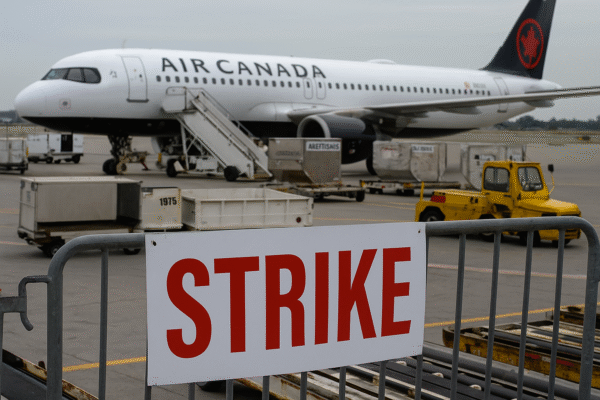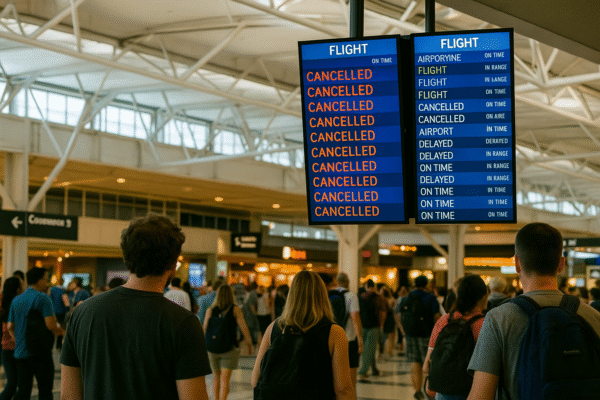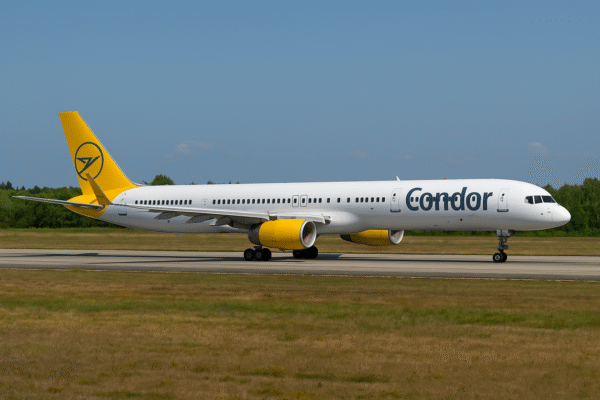India-Pakistan Conflict Triggers Widespread Travel, Tourism, and Trade Disruptions Across South Asia
New Delhi/Islamabad – July 1, 2025 —
The India-Pakistan conflict that erupted in May 2025 has sent shockwaves through the regional and global tourism economy, with its effects still rippling across air travel, hospitality, and bilateral trade. Sparked by heightened military tensions and cross-border escalations, the fallout has crippled domestic airline networks, rerouted international flights, and prompted widespread tourism boycotts and diplomatic strain between the two nuclear-armed neighbors.
Air Travel in Crisis: Over 30 Airports Closed, Flights Cancelled
The immediate consequence of the conflict was a sharp disruption in air travel. India’s Directorate General of Civil Aviation (DGCA) confirmed that more than 50 domestic flights were cancelled on the first day of hostilities alone, primarily affecting northern and western India. Strategic airports in Delhi, Amritsar, Srinagar, Jaipur, and even Mumbai were either closed or placed under high alert, leading to cascading delays and rerouted schedules across the aviation network.
Pakistan’s retaliatory move to shut down its airspace to Indian carriers caused even greater disruption. Indian airlines operating westward—especially to the Middle East, Europe, and North America—were forced to take longer routes over central Asia or the Arabian Sea, resulting in increased fuel costs, extended travel times, and logistical headaches for airlines like Air India, IndiGo, and Vistara. International carriers such as Emirates, Qatar Airways, and Lufthansa also faced adjustments to avoid the tense region.
According to aviation analysts, more than 250 flights were affected over the four-day period of peak conflict, causing ripple effects for passengers transiting through hubs like Dubai, Doha, and Istanbul.
Tourism Takes a Hit: Boycotts of Pakistan Supporters Spark Travel Shift
The political conflict quickly bled into the tourism sector. Indian travelers began to cancel planned vacations to nations perceived to be supporting Pakistan diplomatically, including Azerbaijan and Turkey. Travel platforms like MakeMyTrip and Yatra reported a 60% drop in new bookings to these destinations, while cancellations surged by 250% during the final week of May 2025.
This sentiment-driven shift forced tour operators to re-strategize quickly. “We had to redirect several summer itineraries,” said a senior executive at a major Delhi-based travel agency. “Indian tourists now prefer neutral or friendly countries.”
Destinations such as Georgia, Serbia, Greece, Thailand, and Vietnam experienced a noticeable increase in bookings, driven by both perception of safety and absence of political controversy. Georgia’s tourism board even issued a targeted digital campaign to attract Indian tourists looking for peaceful, affordable, and culturally rich alternatives.
Hotel chains and DMCs (destination management companies) across these emerging regions have since reported a spike in inquiries and forward bookings for Q3 and Q4 2025.
Trade Suspended: Indus Waters Treaty and Bilateral Commerce Collapses
The economic cost of the conflict was equally severe. One of the most consequential developments was India’s suspension of the Indus Waters Treaty, a long-standing agreement facilitating water-sharing between the two nations since 1960. This move was met with international concern, as it symbolized the growing breakdown of diplomatic norms.
Simultaneously, both India and Pakistan closed their land borders, halting cross-border trade that typically facilitates the movement of agricultural goods, textiles, and raw materials between Punjab and Sindh provinces. The shutdown disrupted supply chains that extended well beyond the region, affecting industries in the UAE, China, and the UK that rely on goods transiting through South Asia.
India’s Ministry of Commerce stated that monthly bilateral trade, valued at nearly $500 million before the conflict, was now “effectively frozen,” with exporters seeking alternative markets in Bangladesh, Nepal, and Southeast Asia.
Global Fallout: Airlines, Tourism Boards, and Economies Adjust
The India-Pakistan conflict has not only affected their domestic landscapes but also left an imprint on the global tourism and logistics industry. Airlines with hub-and-spoke networks extending through Asia were forced to initiate contingency plans. Emirates rerouted some of its India-bound flights, while Turkish Airlines temporarily reduced its South Asia frequencies amid diplomatic backlash.
Travel advisories from several countries, including the United States, Canada, and Australia, warned citizens to avoid non-essential travel to both India and Pakistan. These warnings further strained inbound tourism in cities like Delhi, Jaipur, and Lahore during what would have been peak summer holiday season.
Tourism-dependent businesses in both nations—such as heritage hotels, transport operators, and regional crafts markets—are now facing losses during a period traditionally marked by high footfall from domestic and NRI tourists.
Recovery Outlook: Fragile, Slow, and Dependent on Diplomacy
With de-escalation dialogues now underway via neutral mediators such as the UAE and Switzerland, both governments are eyeing a path to stabilization. However, experts warn that recovery across affected sectors will be uneven and slow.
In the travel sector, trust rebuilding will be key. Tourism boards from both countries will need to invest in PR campaigns to revive traveler confidence. Airlines will likely continue rerouting until regional airspace safety is assured by international aviation regulators.
On the economic front, any future trade revival depends on the resolution of political disputes and the reinstatement of treaties like the Indus Waters Agreement.
For now, tourists, investors, and businesses across South Asia and beyond remain cautious, waiting for a clearer picture of peace before fully re-engaging with the region.
For more travel news like this, keep reading Global Travel Wire

















